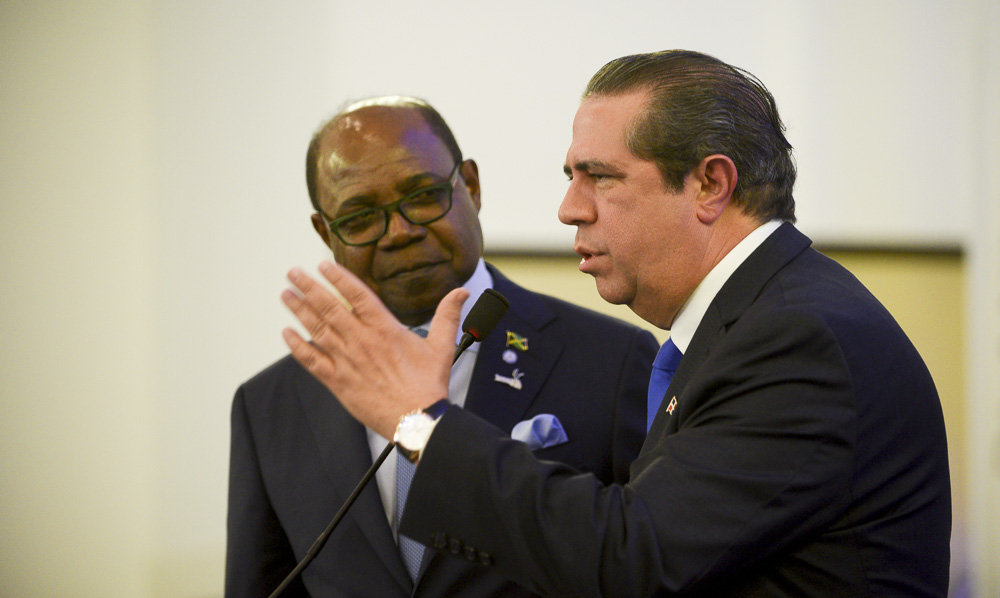
Business tourism is ever-changing industry, conditioned by socioeconomic factors as well as transportation and technological advances and innovations. It is reasonable to believe then, that travelers influence and are influenced by the changes in the industry, changing their preferences according to the same factors and trends that rule tourism.
If that didn’t make it hard enough to build a definitive profile of today’s business traveler, the industry’s demographic landscape is also quickly being altered – where there once were mostly Baby Boomers and GenX males, Millennial females are now the majority – adding a new number of variables to this already complex profile.
It is, however, still possible to get quite a good insight into the minds of modern travelers, as shown by The 2015 Business Travel Survey (produced by Travizon Travel Management), which uncovered some interesting data on this subject.
According to the survey, over 80% of American companies work with a travel management service, yet only less than 18% are willing to delegate their travel planning. This hands-on approach is also quite visible in the fact that the gamification – awarding points and prizes for choosing preferred or partner airlines, hotels, restaurants and such – is on the rise, which means companies are very much aware of what employees do on business trips and is probably the reason why roughly a third of them are so concerned with travel expenses that they end paying for them to avoid the dreaded report.
On the mobile and technological side of things, it seems most modern business travelers are still resistant, as more than half of respondents in the survey claim they never book flights through mobile apps, even though most companies have no guidelines concerning this subject. Similarly, over a half of the people inquired only use travel apps to check flights, itineraries and the weather, ignoring any other features available to them.
Shared travel services aren’t surprisingly as popular as one would think among travelers, especially those from other generations. However, most seem to be receptive to Uber, and frequent flyers would certainly appreciate having better access to the service.
As for what weighs on the minds of modern travelers, it seems they are mostly bothered by last-minute changes in travel plans and the possibility of missing a flight or connection. In this respect, and even though most seem to still be quite reluctant to use mobile technologies for business travel purposes, an overwhelming majority of respondents is adamant that having an app which allows them to change travel plans, bookings and reservations at once would be a great help.










